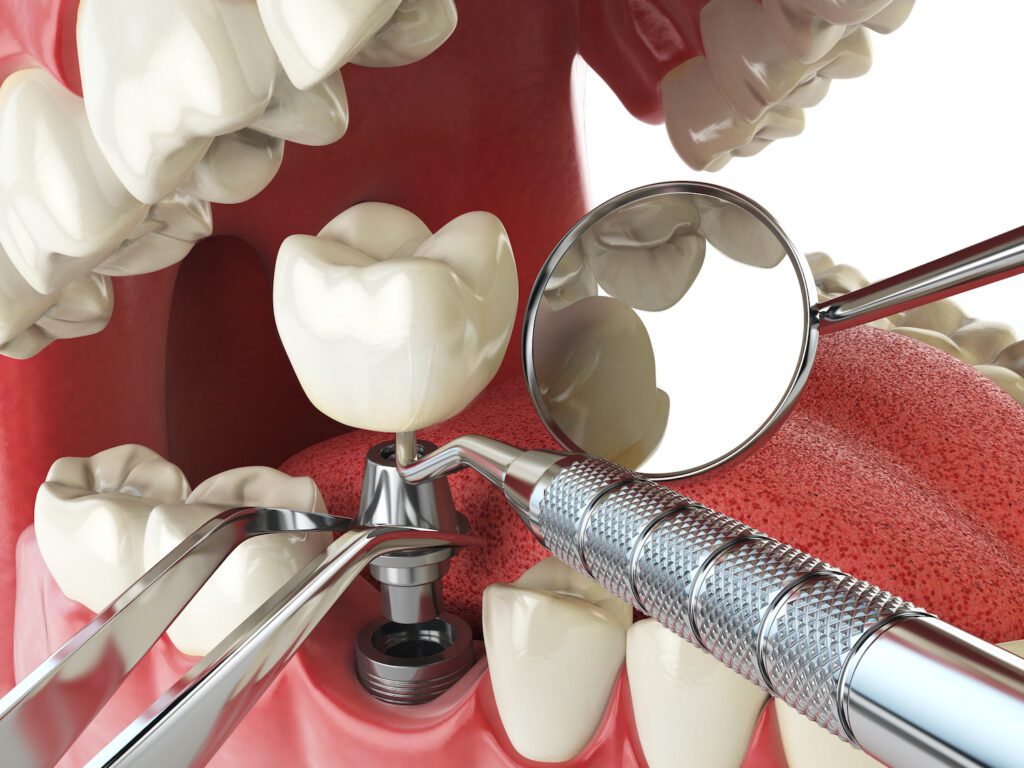For patients with missing teeth, there are a lot of different restoration options. Dental implants in Arlington Heights, IL, are among the most popular and recommended treatment plans for tooth loss. With added stability, increased bite support, and long lifetimes, implants continue to rise in popularity. However, getting any kind of dental treatment requires making an informed decision. While your dentist can help recommend treatment, it’s still important that you understand the procedure before agreeing.

What You Need to Know About Dental Implants in Arlington Heights, IL
Getting dental implants after losing a tooth or multiple teeth can be a great way to restore your bite. However, not every patient can benefit from implant dentistry. Knowing what to expect from the process and your candidacy for surgery is crucial before seeking treatment.
Who Can Get Dental Implants?
In order to get a dental implant, patients need to have a healthy mouth and strong jaw. The most common reasons an implant could fail after surgery are gum disease and low jawbone density. However, just because you have a dental condition doesn’t mean you can never get an implant. Your dentist may recommend pre-treatment options, such as bone grafting or periodontal therapy, to help improve your chances of a successful implant placement.
How Do Dental Implants Work?
Getting a dental implant requires having surgery. For many patients, local anesthetic is used to numb the area when your dentist surgically places the implant post. In some cases, however, your dentist may need to administer a general anesthetic instead. After the implant post is placed, you’ll need to wait for it to heal and integrate into your jawbone. This process usually takes between three and six months.
After the implant has integrated successfully, you’ll then need to get it restored. For a single dental implant, you’re most likely going to need a dental crown. If you’re missing multiple teeth, you may need a dental bridge or denture instead. The restoration process often requires two appointments: one to get the abutment attached and take impressions and the other to set the final restoration.
How Much Do Dental Implants Cost?
Because every case is unique, there’s no way to tell how much implant dentistry will cost without a consultation. However, it’s important to note that many insurance companies do provide partial coverage for restorative treatment such as implants. If you’re worried about the cost of your treatment, talk to your dentist ahead of time. They may be able to plan your treatment in affordable phases or help you find financing through a third-party lender, such as CareCredit.
If you’re missing teeth, dental implants could help restore your smile and improve your bite. At AH Smiles, we coordinate with local surgeons to provide high-quality implant treatment to patients with missing teeth. Call us today at (847) 230-9703 to schedule a consultation and see if implant dentistry is right for you.
